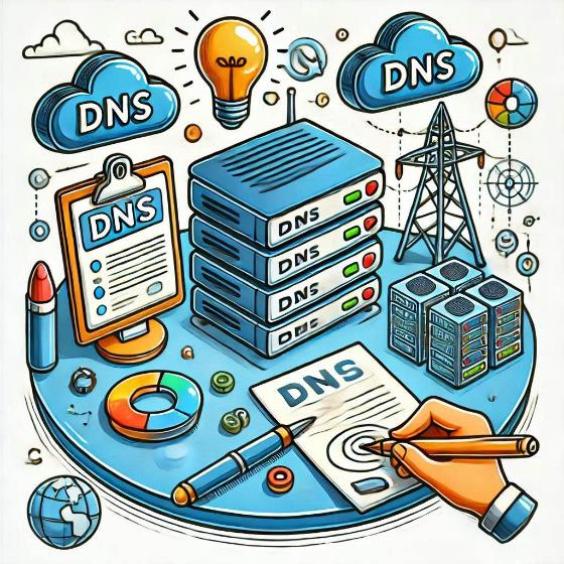What is a DNS Server and what is its function
In the world of technology and internet browsing, there are many concepts and terms that can be confusing for those who do not have a deep knowledge in the matter. One of these concepts is the DNS Server, which plays a fundamental role in the way we access online information. In this article, we will explain what a DNS Server is and what its function is in a simple and easy-to-understand way.

What is a DNS Server?
A DNS Server (Domain Name System) is a type of server that is responsible for translating website domain names into IP addresses that can be understood by computers. In other words, when we write a URL in our browser, the DNS Server is the one that is responsible for finding the IP address corresponding to that domain name and connecting our computer with the server that hosts the website.
How does a DNS Server work?
The process of translating domain names into IP addresses is done as follows:
- When we write a URL in our browser, the computer sends a request to the DNS Server to translate the domain name into an IP address.
- The DNS Server searches its database for the IP address corresponding to the requested domain name.
- If the DNS Server finds the IP address, it returns it to the computer that made the request.
- The computer uses the IP address to connect to the server that hosts the website and access the requested information.
What is the function of a DNS Server?
The main function of a DNS Server is to provide a domain name resolution service to IP addresses. This allows users to access websites and online services using easy-to-remember domain names instead of complex and difficult-to-remember IP addresses.
In addition to domain name resolution, DNS Servers can also provide other services, such as:
- Security: DNS Servers can help protect against phishing and malware attacks by blocking access to malicious websites.
- Speed: DNS Servers can improve website loading speed by reducing latency in domain name resolution.
- Scalability: DNS Servers can handle a large number of domain name resolution requests efficiently.
In summary, a DNS Server is a fundamental component of the internet infrastructure that allows users to access websites and online services using easy-to-remember domain names. The main function of a DNS Server is to provide a domain name resolution service to IP addresses, which allows users to access online information quickly and securely.





